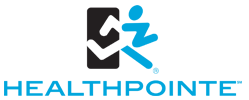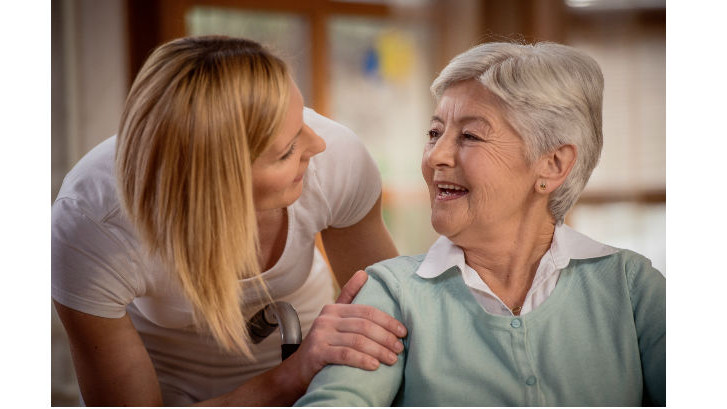Tips for Caregivers of a Heart Surgery Patient
Being a caregiver to a heart surgery or cardiology patient can be challenging, as caregivers must provide for the patient’s physical and mental well-being. Outlined below are a few important things to remember to be a successful caregiver at any skill level for any patient.
Invest Time, Energy and Effort
The first, and usually most crucial, phase of recovery after heart surgery lasts for 6-8 weeks. Caregivers must be prepared to invest time, energy and effort in taking care of their patient for the next several weeks, perhaps even taking off time from work to ensure appropriate care can be provided.
You and your patient will be provided with a detailed set of instructions before discharge regarding post-surgery care and outlining tips on how to keep healthy while taking care of your patient. A few of these tips are:
- Eating a healthy diet of fruits, vegetables and whole grains, among others.
- Exercising for at least 30 minutes a day.
- Taking breaks in between to recharge your mind and body as well as getting 6-8 hours of sleep.
Care of the Incision
Your daily routine will include taking care of the incision, including:
- Keeping the midline incision (i.e., a vertical incision in the middle of the chest) clean and dry. Follow the doctor’s instructions on this matter or ask a nurse for tips.
- Using only soap and water when cleaning the chest area.
- Serving your patient with healthy foods to speed up healing
Beware of Infection
The first signs of an infection can usually be detected on the incision. Always look for these signs so that you can call the heart surgeon for appropriate advice and action:
- Increased oozing or drainage of body fluids from the incision
- Opening of the midline incision
- Redness or feeling of warmth around the incision
- Elevated body temperature (i.e., higher than 38°C)
- Complaints of the breast bone (sternum) moving, popping, or cracking
Do not dismiss even the slightest complaints made by your patient. Even minor complaints can signal moderate to severe complications, which should be addressed as soon as possible.
Monitor Exercise and Diet
Closely monitor the physical activity and diet of your patient. Make sure to record their food intake as well as the type, duration and frequency of physical activity. The heart surgeon will ask about these details during check-ups so as to make appropriate recommendations.
Patients recovering from heart surgery should generally:
- Avoid lifting, pushing and pulling heavy objects (e.g., more than 10 pounds)
- Gradually increase physical activity
- Walk on a daily basis
- Follow the special dietary recommendations, such as smaller meals consisting of fat-free, low-sodium foods.
For more information about cardiology care at Healthpointe, contact any of the Healthpointe clinics near you, such as the one in La Mirada by Whittier, La Habra, Norwalk, Cerritos, Buena Park, and Santa Fe Springs.
Healthpointe is a leading multidisciplinary healthcare organization offering a full range of medical services in practice locations throughout Southern California (Los Angeles County, Orange County, San Bernardino County, and Riverside County). Healthpointe has locations situated in over 10 cities in Southern California including La Mirada by Whittier, La Habra, Norwalk, Cerritos, Buena Park, and Santa Fe Springs. As a highly regarded musculoskeletal group, we have a personal investment in the highest level of service, and we are proud of our record of excellence over the last four decades with private patients, injured workers, urgent care, personal injuries, and professional and non-professional athletes. Leading our organization is a dynamic team of healthcare professionals who continually strive to be at the forefront of medical innovation and healthcare service delivery. For more information, a complete list of services, and Healthpointe locations, visit Healthpointe.net.

